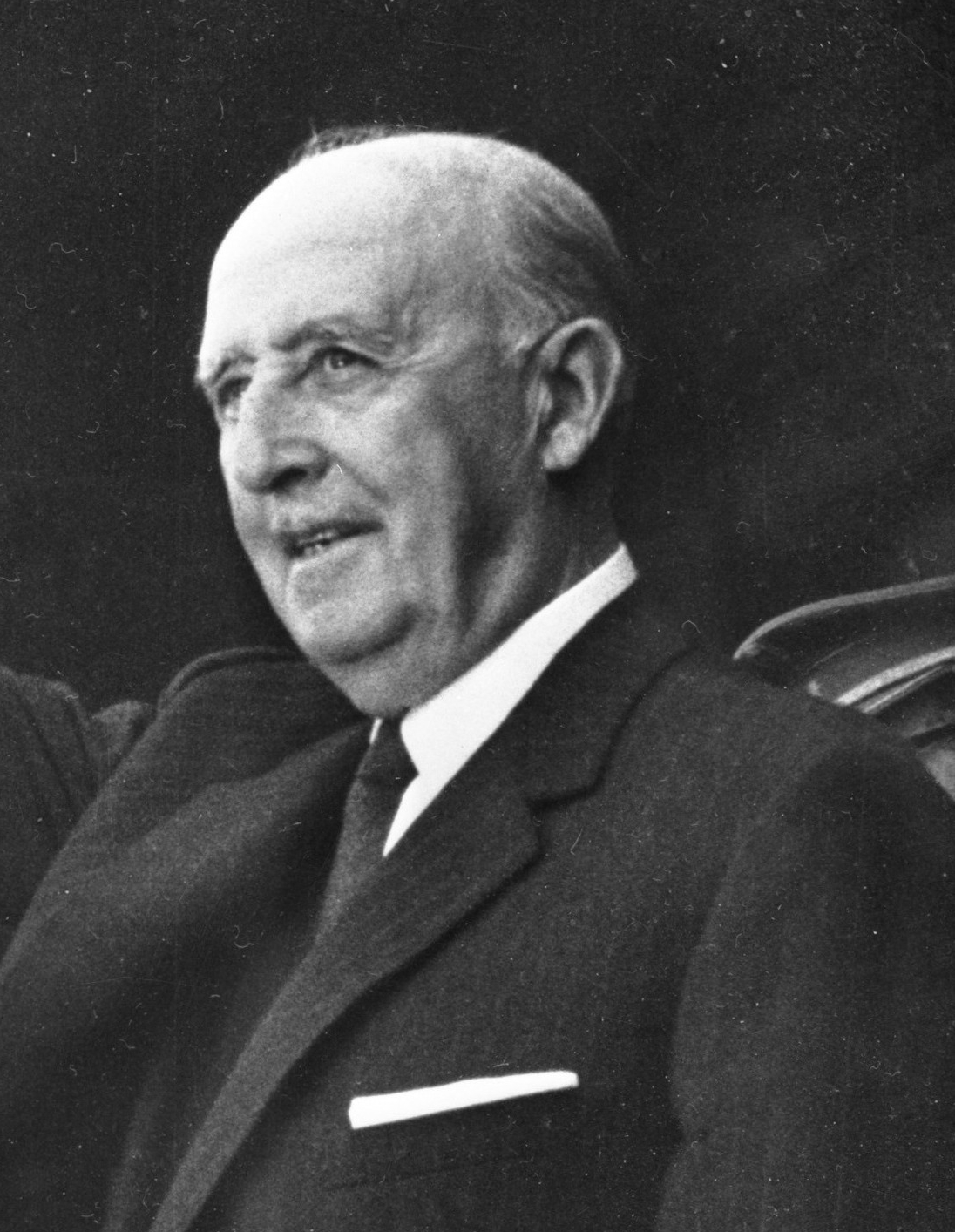FACTBOX-Franco: Polarising Spain in life and in death

- Country:
- Spain
Spain will on Thursday remove the remains of Francisco Franco from the state mausoleum where he lies buried, as the Socialist government seeks to end decades of controversy over the dictator's resting place.
EARLY LIFE
Francisco Franco Bahamonde was born in the northwestern region of Galicia on Dec. 4, 1892, the son of a naval paymaster and the second of five children. Aged 14, he entered the Toledo Infantry Academy near Madrid, graduating three years later.
A devout Catholic throughout his life, he rose quickly though Spain's military ranks and, propelled by a reputation as an efficient commander, became one of Europe's youngest generals aged 33.
CIVIL WAR
In July 1936, Franco led an anti-government revolt by army garrisons in the then Spanish-controlled part of Morocco, as a prelude to a widespread uprising the following day on the Spanish mainland. Backed by right-wing parties, landowners, industrialists, the aristocracy, the Catholic Church and monarchists, the rebellion asserted control over much of Spain but met resistance from the left-wing Republican government army in Madrid and some other cities.
A civil war broke out in which Franco came to play the leading role. In three years of bitter conflict it turned Spain into Europe's ideological battleground, killing about 500,000 people and sowing bitter divisions. Franco was initially left out of a junta formed when coup leader General Jose Sanjurjo died in a plane crash shortly after the uprising, but he joined in August after his Moroccan columns crossed to the mainland and advanced towards Madrid.
Rebel generals met near Salamanca in September to choose a leader, opting for Franco thanks to his successes on the battlefield and hopes that fellow Fascist leaders Adolf Hitler and Benito Mussolini, with whom he had good relations, would provide military assistance. Franco assumed the title of head of state, and a nationalist government to rival the elected Republican one was installed in Burgos and recognised by Germany and Italy in November.
In April 1937 he merged the Falange Fascists with other traditionalist factions to create the "Movement", a single-party system that lasted until his death in 1975. With the help of men, planes and munitions from Hitler and Mussolini, Franco defeated the Soviet-backed Republicans to take power in April 1939.
DICTATORSHIP
After crushing final pockets of resistance, Franco unleashed a campaign of executions and mass jailings that lasted well into the next decade.
His rule remained authoritarian. Other parties were banned, active opposition figures were jailed and police clamped down on any demonstrations by students or workers, often violently. When World War Two broke out in September 1939, Franco at first declared Spain's neutrality, but after France fell in June 1940 he became more openly sympathetic to the Nazis.
While never a formal ally, Spain sent a division to fight alongside Hitler's forces in Russia and gave logistical support to German submarines and fighter planes. Franco's regime was isolated politically and economically after Germany's wartime defeat in 1945, which caused great hardship to most Spaniards.
During the Cold War, however, Franco's fervent anti-communist views found a receptive audience. The United States granted aid to Spain in 1953 and it joined the United Nations in 1955. NATO and the European Economic Community membership would have to wait until after Franco's death in 1975, however. Franco's domestic policies became less repressive after Spain became a major tourist destination in the 1960s, although political opposition was still banned and censorship remained in force.
In 1969, he designated as his official successor prince Juan Carlos, the grandson of Alfonso XIII, the Spanish monarch exiled when the Republicans took office 1931. Franco died on Nov. 20, 1975. In a posthumous message, he sought forgiveness from all Spaniards. "Just as with all my heart I forgive those who declared themselves my enemies ... I believe that I had no enemies other than the enemies of Spain."
POLARISING LEGACY
Franco's admirers saw him as a firm hand who fostered Spain's longest period of peace after centuries of turmoil, his detractors as a ruthless fascist who abrogated hard-won democratic freedoms.
In an effort to ease the transition to democracy after his death, Spain passed a pact pardoning political crimes committed during the conflict and his dictatorship. In 2007, the Socialist government passed a historical memory law that seeks to recognise those who suffered under Franco.
More than a decade later, the same party is making good on a promise to remove Franco's remains from the Valley of the Fallen complex, which it has long sought to turn into a memorial to the hundreds of thousands killed in the civil war. As the country barrels towards national elections in November, the exhumation has highlighted deep splits in parliament. In 2018, just 176 lawmakers voted in favour of moving him. Two were against while 165 - members of the conservative People's Party and centre-right Ciudadanos - abstained.
"We are closing a dark chapter of our history," acting Socialist Prime Minister Pedro Sanchez said last month, while Ciudadanos leader Albert Rivera accused him of "playing with Franco's bones to divide us."
Also Read: UPDATE 1-Spain will exhume dictator Francisco Franco's remains on Thursday
(This story has not been edited by Devdiscourse staff and is auto-generated from a syndicated feed.)
ALSO READ
Ukraine parliament passes bill overhauling mobilisation rules - lawmakers
Apple TV+ greenlights second season of 'Monarch: Legacy of Monsters'
Lawmakers in Peru pass latest pension withdrawal proposal
Eminent Buddhist teacher Arjia Rinpoche gives first-hand information about China's atrocities to Japanese lawmakers
Lawmakers in Peru pass latest pension withdrawal proposal










